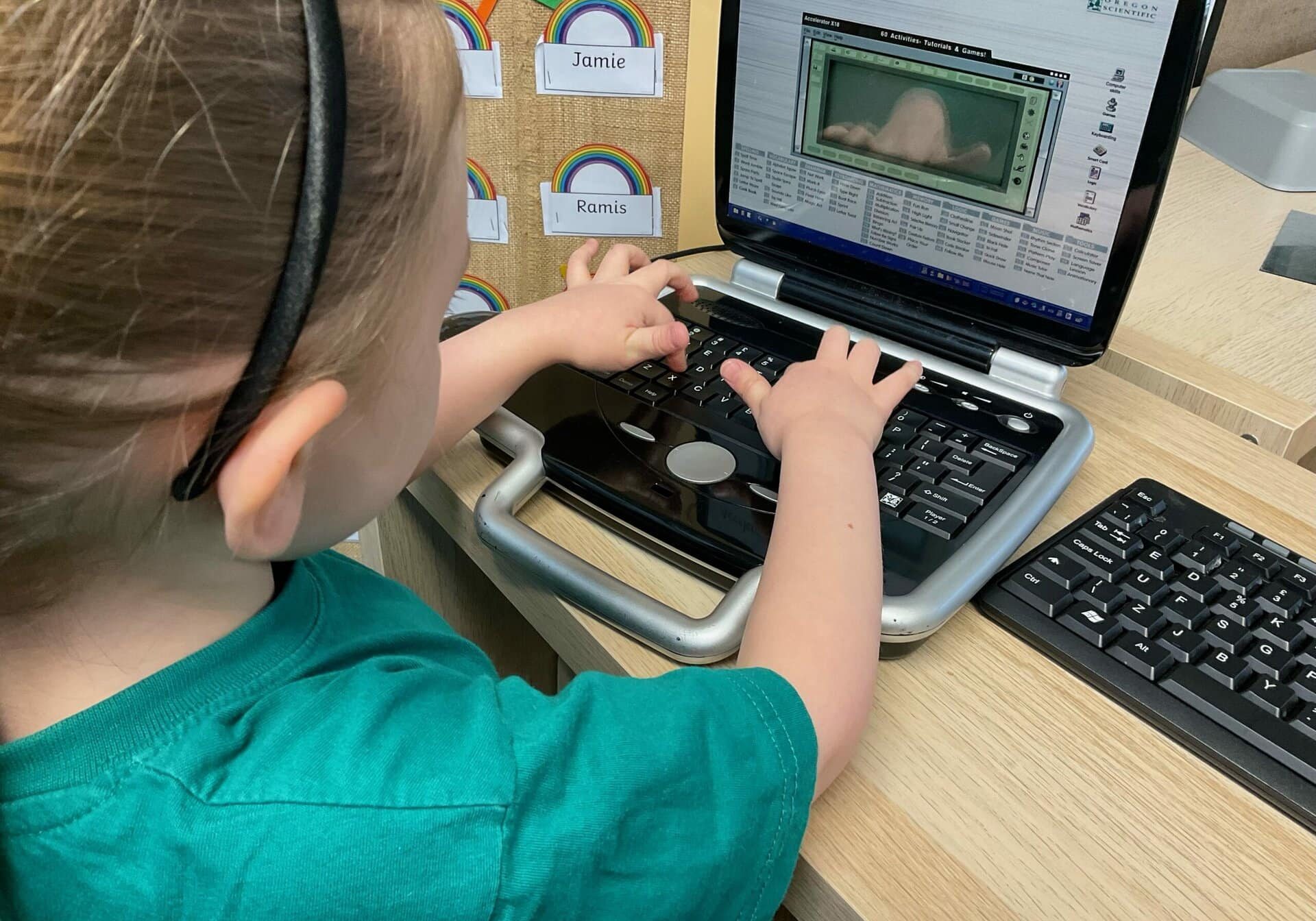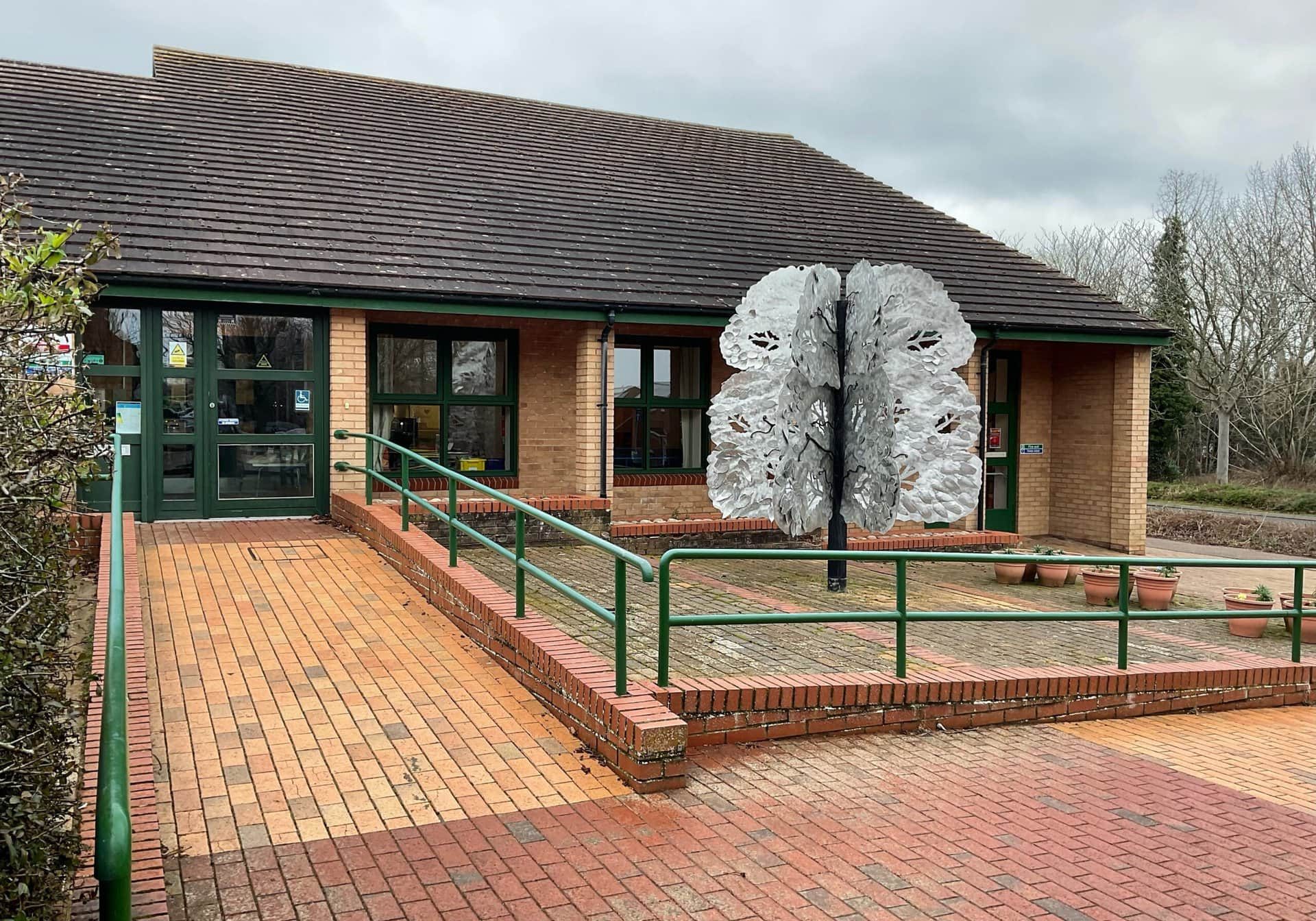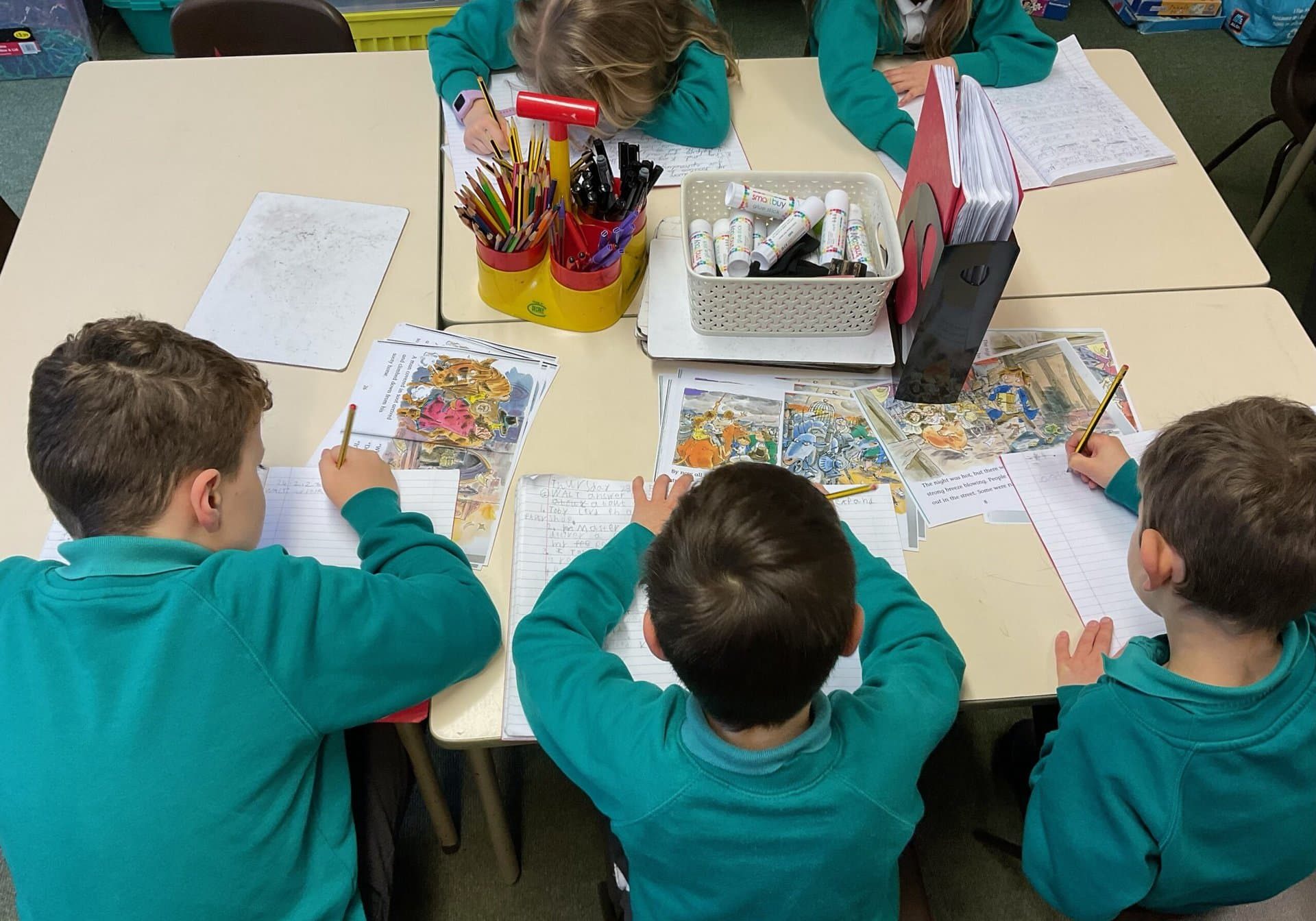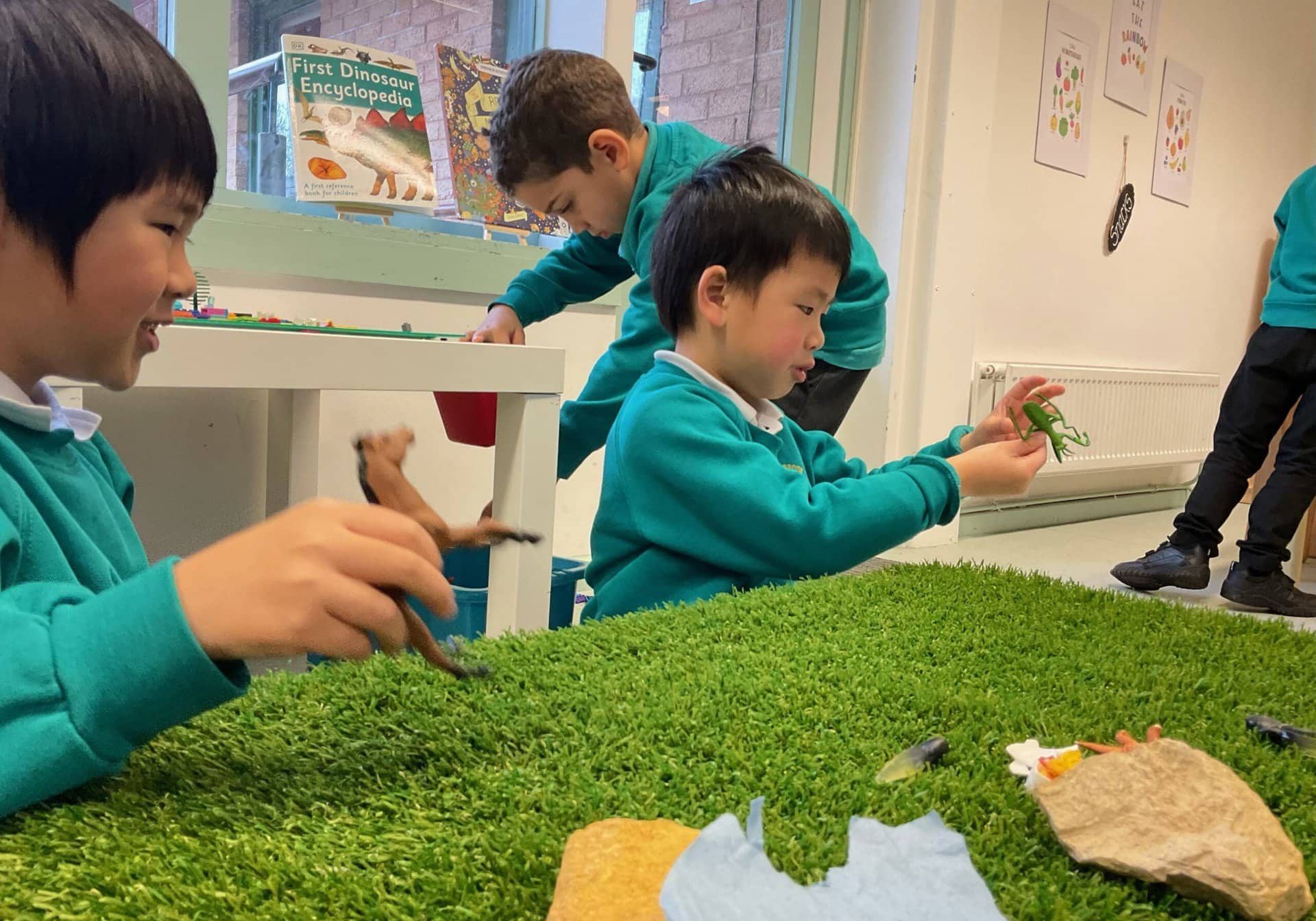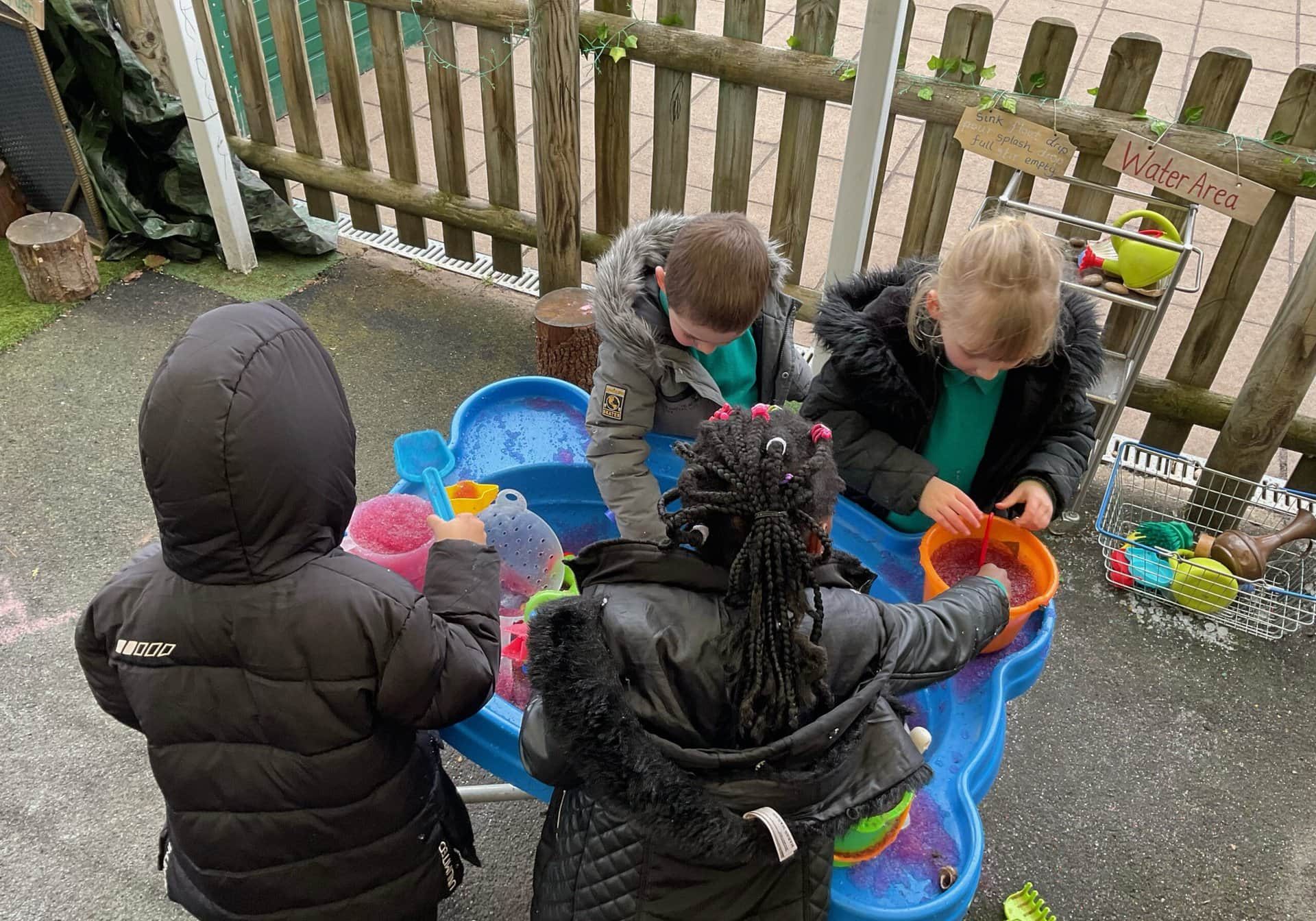Writing
At Ashbrook School, we want our children to become confident, creative and expressive writers. We want them to develop a love of writing, building on their starting points and developing a wide range of skills. From EYFS to KS1, children complete a unit of work based on high-quality fiction, non-fiction, and poetry texts and have the opportunity to range a range of genres and for different purposes. Each unit starts with an ‘inspire day’ which sparks the curiosity and imagination of the children and helps them to bring their learning to life. Throughout each unit, the children develop their knowledge and skills and apply them into their independent practice to become confident writers. We ensure that we allow all of our children the opportunity for extended writing and all children complete an independent piece of writing at the end of each unit of learning. This is then used to inform future planning to ensure that all children meet their aspirational targets. Children have the opportunity to embed their learning through applying their writing skills across other curriculum areas.
Through use of our curriculum progression document for writing, we are able to ensure that children take part in lessons that are carefully sequenced in order to build on their knowledge and understanding of writing. Learning is regularly revisited through morning work, home-learning and across other curriculum areas to help children become secure with skills to embed in their memory.
Handwriting
At Ashbrook School, we teach handwriting in line with RWI letter formation. This supports the National Curriculum 2014 requirements for handwriting.
Foundation Stage:
In Foundation, children use their phonic knowledge to write words in ways which match their spoken sounds. They also write some irregular common words. They write simple sentences which can be read by themselves and others. Some words are spelt correctly and others are phonetically plausible.
Statutory requirements for Year One:
- sit correctly at a table, holding a pencil comfortably and correctly
- begin to form lower-case letters in the correct direction, starting and finishing in the right place
- form capital letters
- form digits 0-9
- understand which letters belong to which handwriting ‘families’ and to practise these
Statutory requirements for Year Two:
- Pupils should be taught to:
- form lower-case letters of the correct size relative to one another
- start using some of the diagonal and horizontal strokes needed to join letters and understand which letters, when adjacent to one another, are best left unjoined
- write capital letters and digits of the correct size, orientation and relationship to one another and to lower case letters
- use spacing between words that reflects the size of the letter
Spelling and Grammar (referred to as SPAG)
Spelling is taught alongside phonics through learning to sound out words by segmenting them into the different sounds. In KS1, weekly spellings are sent home to practice and learn. These spellings will relate to the key vocabulary across the curriculum as well as containing tricky words and common exception words. Once in Year 2, children will begin learning a variety of spelling patterns. They will develop their knowledge of word families, how suffixes impact upon root words and learn different strategies for remembering the trickiest spellings.
Grammar is taught discretely each week within the English lesson, with the opportunity to consolidate skills through a variety of engaging games and activities. Children are provided with opportunities to apply their new learning in the context of their writing.

